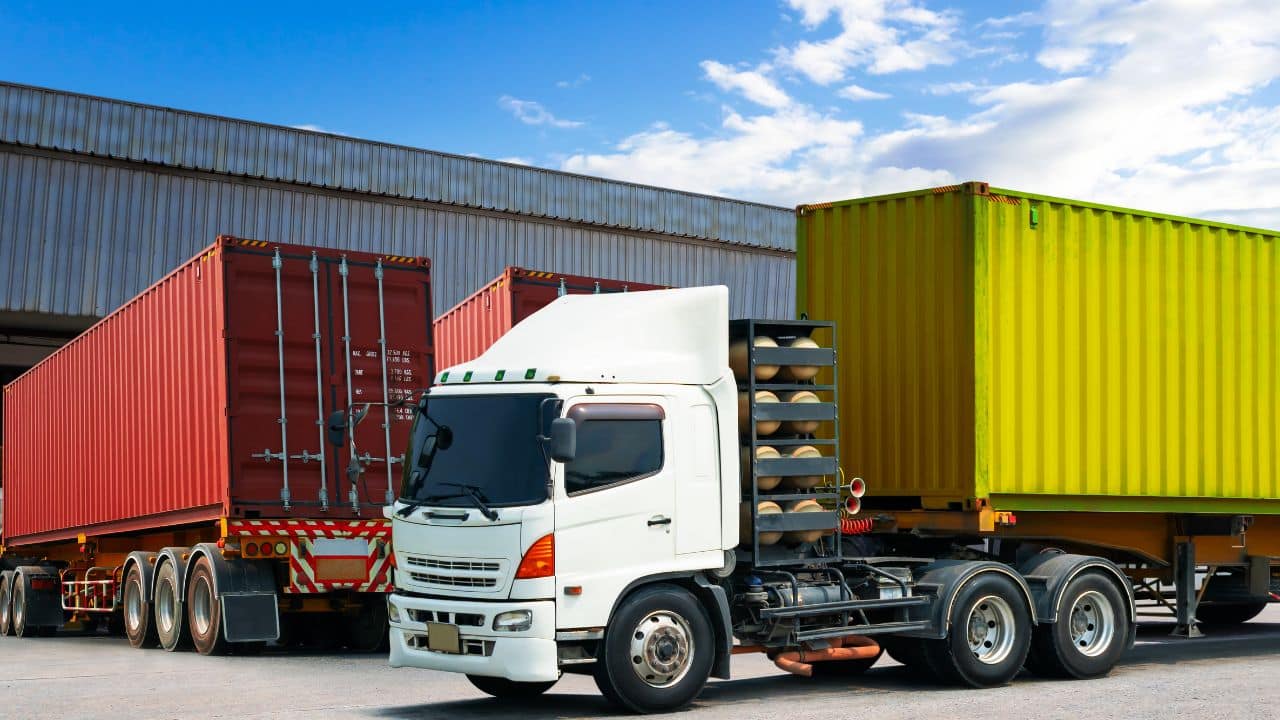Ever found yourself in a sticky situation involving a big rig on the highway? You’re not alone. Trucking accidents are no joke, and the legal aftermath can be just as overwhelming as the crash itself.
But don’t sweat it – Monsour Law Firm has got your back. In this guide, we’re diving into the wild world of trucking laws and how they can make or break your case. Whether you’re a trucker, a regular driver, or just curious about the rules of the road, buckle up for a crash course in trucking legislation. Trust us, by the end of this, you’ll be navigating the legal landscape like a pro.
Key Trucking Laws and Regulations You Need to Know
The world of trucking laws can feel like navigating a complex maze. But don’t worry, we’re here to help you make sense of it all. When you’re dealing with a trucking case, it’s crucial to understand the legal terrain you’re traversing.
Federal vs. State Regulations
Trucking laws are a mix of federal and state regulations. The Federal Motor Carrier Safety Administration (FMCSA) sets the baseline rules, but states can add their own twists. It’s like a legal layer cake – you’ve got to consider both levels to get the full picture.
Key Areas of Trucking Law
There’s a lot to cover, but some key areas include:
- Hours of Service rules (how long drivers can be on the road)
- Weight limits (no overloading those big rigs!)
- – Maintenance requirements (keeping those trucks in tip-top shape)
- – Licensing and insurance (making sure drivers are qualified and covered)
Impact on Your Case
Understanding these laws can make or break your case. Was the driver following hours of service rules? Was the truck properly maintained? These questions can be game-changers in determining liability.
Remember, trucking laws are always evolving. What was true yesterday might not be today. That’s why it’s crucial to work with experts who keep their finger on the pulse of these changes. They can help you navigate this complex landscape and steer your case in the right direction.
The Federal Motor Carrier Safety Administration (FMCSA)
Ever heard of the FMCSA? This federal agency is like the big boss of trucking regulations. They set the rules for everything from how long a trucker can be behind the wheel to how much weight a truck can haul. Understanding these regulations is crucial because they often play a big role in determining liability in trucking accidents.
State-Specific Laws
But wait, there’s more! Each state has its own set of trucking laws too. These can cover things like weight limits on certain roads or special permit requirements. It’s like a legal patchwork quilt, and knowing which laws apply where can make or break your case.
Industry Standards and Best Practices
Don’t forget about industry standards. While not technically laws, these best practices can still impact your case. They’re like the unwritten rules of the road that professional truckers are expected to follow. When these standards aren’t met, it can be a red flag in a legal situation.
Why Legal Help is Essential
Trucking companies and their insurers have teams of lawyers ready to defend against claims. Without a skilled Monsour Law Firm on your side, you may find yourself overwhelmed by legal complexities, procedural rules, and insurance negotiations.
An experienced truck accident attorney understands how to interpret federal and state trucking laws, gather necessary evidence, and build a strong case for compensation. They can also help identify all liable parties, ensuring that you pursue claims against everyone responsible, not just the truck driver.
Final Thoughts
Trucking laws exist to keep our roads safe, but when they’re violated, the consequences can be devastating. Understanding these laws is crucial when pursuing a legal claim after a trucking accident. From determining liability to gathering evidence and dealing with insurance companies, every aspect of your case can be impacted by federal and state regulations.





































